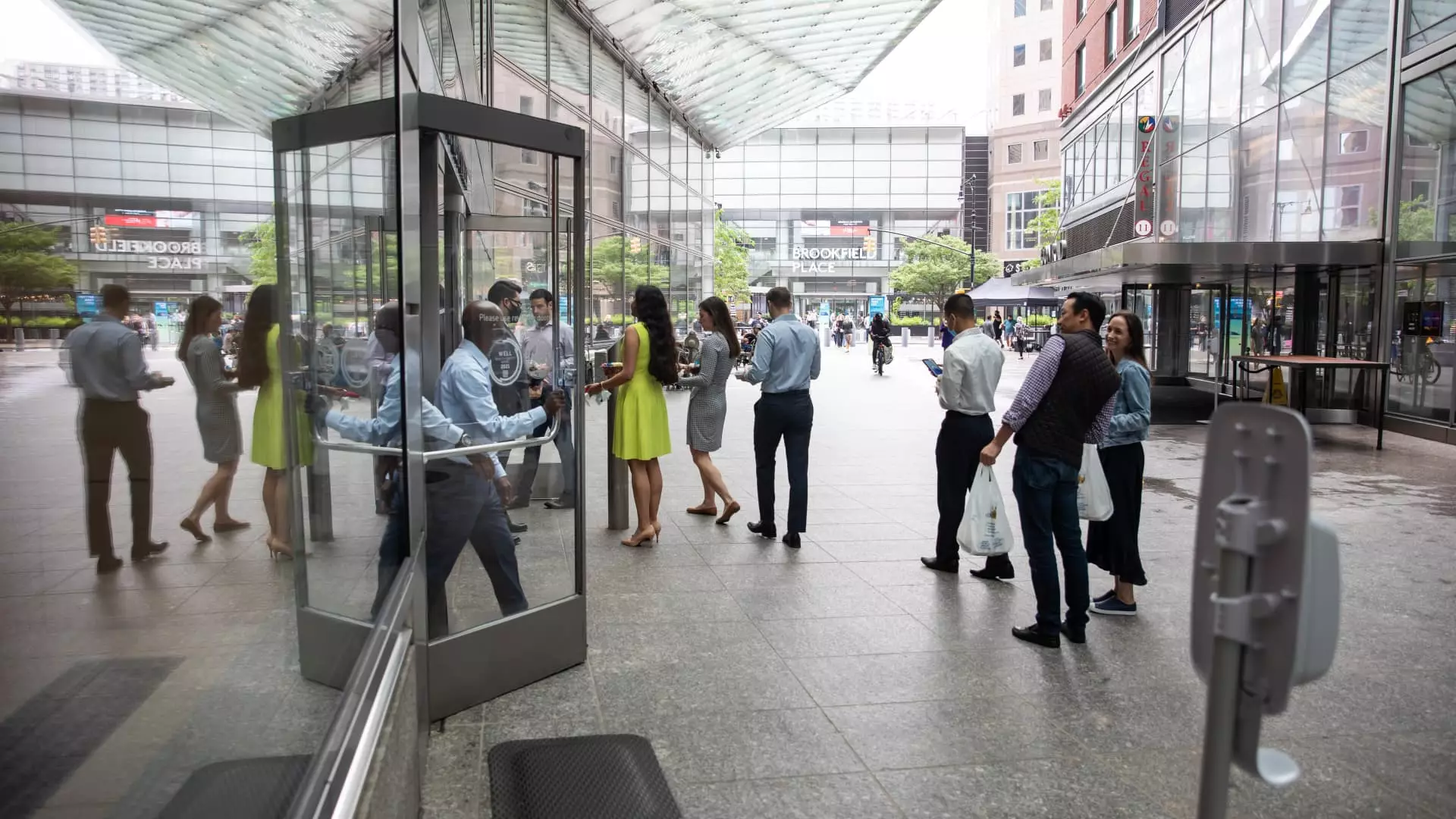In a startling revelation that sent shockwaves through the corporate world, a recent survey indicated that a staggering 62% of America’s business leaders anticipate an imminent recession. The data, collected from over 300 CEOs in April by Chief Executive, marks a significant leap from the 48% who expressed similar fears just one month prior. This escalation in anxiety is not merely a statistical anomaly; it represents a harrowing sentiment among the nation’s foremost decision-makers about the trajectory of the U.S. economy.
As these leaders grapple with the economic landscape, the specter of a recession looms larger than ever. The survey underscores the increasing trepidation within corporate America, amplified by the fluctuating and often capricious tariff policies introduced by President Trump. These unpredictable policies have not only thrown financial markets into disarray but have also instilled a sense of panic among consumers. Executives are beginning to worry that the administration’s on-again-off-again approach to tariffs will prove detrimental to their bottom lines, projecting that around 75% anticipate such levies to inflict harm on their businesses by 2025.
Corporate Concerns: The Tariff Tango
More than mere predictions, these insights reflect a profound crisis of confidence that is cascading through the highest echelons of American business. With two-thirds of CEOs opposing Trump’s tariff measures, which they believe could further hinder growth, we find ourselves at a tenuous juncture. The ongoing tariff negotiations are not only affecting pricing strategies and operational budgets but are also leading CEOs to brace for increased operational costs. Alarmingly, over 80% of these leaders expect major price spikes in the upcoming year, with about half predicting double-digit increases.
The situation is exacerbated by an alarming drop in the index that measures CEOs’ perception of current business conditions—a staggering 9% decline in April alone, continuing an unpleasant trend after a previous 20% downturn in March. This scenario paints a dismal picture reminiscent of the early pandemic days in 2020. When projecting business conditions for the next year, the CEOs proffered a steadiness in their outlook, yet, these figures represent a low not witnessed since late 2012—a sobering thought as we approach an already tumultuous economic battleground.
Profitability Under Siege
The staggering decline in confidence is further underscored by the sharp fall in optimistic projections for business profitability. A mere 37% of CEOs now believe their companies will see an increase in profits this year—a drastic reduction from the promising 76% of executives who felt similarly in January. This significant drop signals a worrying assessment: The foundation upon which businesses operate is increasingly shaky, beset by an environment of uncertainty and rising costs.
Yet, amid the gloomy forecasts, there exist small signs of hope. Just over half of the surveyed CEOs expressed a belief that business conditions might improve over the next year—an increase from the 39% observed just a month prior. This fleeting optimism, however, stands at odds with the reality of two prominent CEOs—Jamie Dimon of JPMorgan Chase and Larry Fink of BlackRock—who have raised alarm bells about potential earnings declines for S&P 500 firms, hinting that the economy may already be declining into negative growth territory.
The Irony of Relief Amidst Crisis
Perhaps the most poetic irony in this tumultuous environment is the temporary reprieve offered via tariff exemptions on essential electronics like smartphones and PCs. While this move could alleviate some immediate pressures, it feels like a stopgap measure in a sea of wider economic threats. With Secretary Howard Lutnick suggesting these exemptions could be temporary, one can’t help but feel that the rug might be pulled from under these businesses at any moment.
Though moments of optimism may surface amidst the chaos, the overwhelming sentiment remains one of vulnerability and caution. In a world where economic stability feels as unpredictable as a game of high-stakes poker, it may very well fall upon centrist liberal policies that stress negotiation and cooperation to bring some semblance of balance back to the economy. CEOs cannot operate optimally in a climate of fear, and it’s time for Washington to provide clarity and consistency, paving a clearer path forward for all stakeholders in the U.S. economic narrative.

